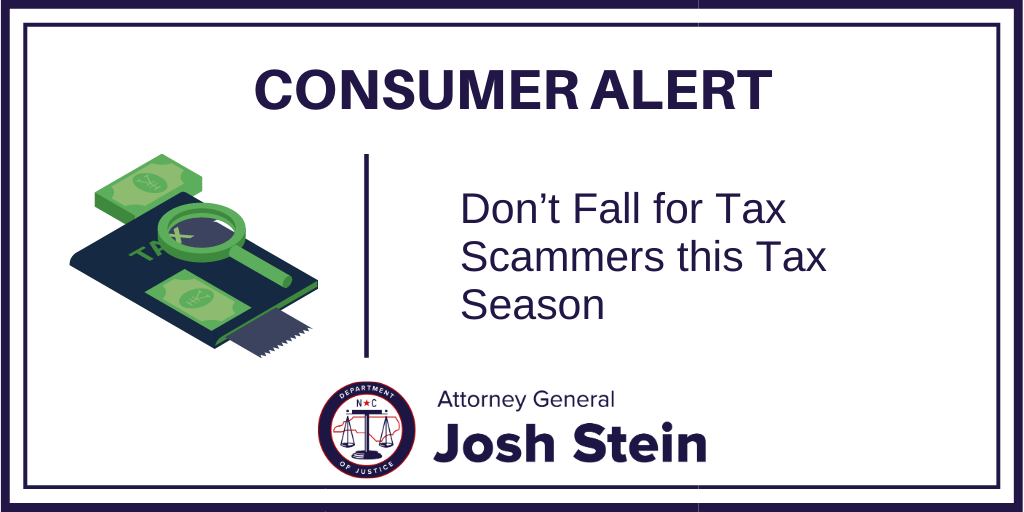
Thursday, February 4, 2021
As tax season rolls around, our office tends to see an increase in scams that compromise people’s W-2 information.
In some of these scams, a person who works in their company’s human resources or payroll department receives a spoofed email from the CEO or a top executive requesting W-2 or other personal employee information. In other scams, you might receive an email or a phone call from a person claiming to be from the IRS, asking for income verification information or other tax data.
Be very careful about how you share your tax-related information, and follow these tips to avoid scams:
- Verify that the message is authentic. If the sender is someone you know, call them and confirm that they actually sent the message. If you’re not familiar with the sender, don’t respond and report the email to your company’s IT department and to the FBI’s Internet Crime Complaint Center.
- Beware of scammers posing as the IRS and demanding tax payments over the phone. If you get a call from someone claiming to work with a government agency, chances are he or she is a crook. Unless you have received written communication from the IRS that outlines your tax debt, the IRS is unlikely to call you to collect. Ask them for the caller’s name and identification number. Then, hang up, look up the agency’s telephone number and call the agency directly to confirm the information. Also, if anyone demands you make immediate payments using gift cards, money orders, or wire transfers, hang up the phone – it’s a scam.
- Guard your personal information. Identity thieves can use your Social Security number to take out loans, open credit cards or even collect your tax refund. Remember, email is vulnerable to hackers, so avoid emailing your Social Security number or other confidential information to a tax preparer or accountant. If you’re using a website to file your taxes, make sure your information is secure by looking for the lock icon on the address bar.
- Watch out for tax refund thieves who file returns in your name and collect your money. If you receive a notice or letter from the IRS indicating that more than one tax return was filed in your name, respond immediately to the IRS employee whose contact information was provided.
Report email or phone scams and suspicious messages to our office’s Consumer Protection Division by filing a consumer complaint online or calling 1-877-5-NO-SCAM. If you are a victims of a security breach, learn more about how to minimize the damage at ncdoj.gov/idtheft.
